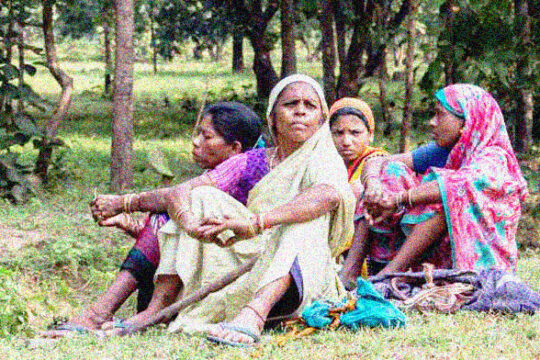Course Name : Forest Policies, Acts, Governance, and Tribal Struggles in Colonial India
Course Code : AKA-11 | Course Mentor : Ashwini Kumar Pankaj
Course Duration : 2 Days | Lessons : 6 | Topics : 9 | Course Fee : Free
Brief introduction to the course
Forests are invaluable ecosystems, providing a myriad of ecological, economic, and social benefits. In India, where forests cover approximately 24% of the geographical area, effective governance is paramount to ensure their sustainable management and conservation. The complex interplay of policies and laws governing forests in India reflects the nation’s commitment to balancing conservation objectives with socio-economic development imperatives. Understanding forest governance in India necessitates a comprehensive examination of the key policies and laws that shape the management, utilization, and protection of these vital natural resources. This introductory overview aims to delve into the multifaceted landscape of forest governance in India, elucidating the foundational principles, historical evolution, and contemporary challenges inherent in the country’s forest governance framework. By exploring the intricate tapestry of policies and laws governing India’s forests, this exploration seeks to illuminate the avenues for enhancing sustainable forest management and biodiversity conservation while fostering equitable socio-economic development.
This course is for whom?
This course is designed for individuals of all ages and backgrounds who have a strong interest in Adivasi subjects, particularly for social activists, research scholars, journalists, writers, and anyone else who is interested.
What will we share…
- Audio-video
- Text
- One to One Assistance
- Certificate
And what will you learn?
You learn forest policies, acts, governance structures, and the struggles of Adivasi communities in colonial India with regional case studies.
Qualifications
- Knoweldge of English
- Online means (PC, laptop, tablet or mobile with internet)
- Interest in Adivasi subjects, History and Colonial studies
- Confidence in sharing experiences and learning
- Curiosity about Adivasidom




